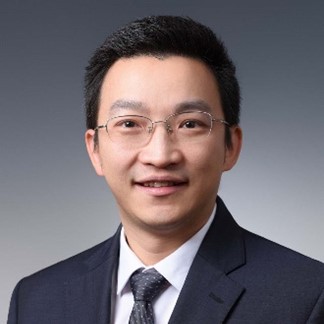Speaker
Douglas Zhou
Time
2024.11.27 16:00-17:30
Abstract
The 2024 Nobel Prize in Physics was awarded to Hopfield and Hinton in recognition of their foundational contributions to machine learning and artificial intelligence, serving as pioneers who paved the way for advancements in the field and the emergence of current large language models. This presentation begins with an evaluation of the Nobel Prize from both human and AI perspectives, followed by an overview of Hopfield and Hinton's biographies, their representative achievements that led to the Nobel Prize, and their academic impact. Finally, it explores the trends in the Nobel Prize in Physics and offers predictions about its future direction from the perspectives of both humans and AI.
Bio
Douglas Zhou is a Distinguished Professor at the Institute of Natural Sciences and the School of Mathematical Sciences, Shanghai Jiao Tong University. His research focuses on computational and applied mathematics, with a particular emphasis on computational neuroscience. He received his bachelor's and doctoral degrees from Peking University in 2002 and 2007, respectively. From 2007 to 2009, he was a postdoctoral researcher at the Courant Institute of Mathematical Sciences, New York University. In 2010, he joined Shanghai Jiao Tong University, where he has served as a professor, tenured professor, and distinguished professor from 2016 to 2023. Douglas Zhou currently serves as the Secretary-General of the Computational Neuroscience Subdivision of the Chinese Neuroscience Society (CNS) and an Executive Member of the Mathematical Life Sciences Subdivision of the China Society for Industrial and Applied Mathematics (CSIAM). He has been awarded the National Science Fund for Excellent Young Scholars and Distinguished Young Scholars, Shanghai Science and Technology Commission Youth Science and Technology Rising Star, and the Shanghai Municipal Education Commission Talent Cultivation Award. He has published over 60 papers in leading international journals and conferences, including CPAM, PNAS, PRL, and NeurIPS.

